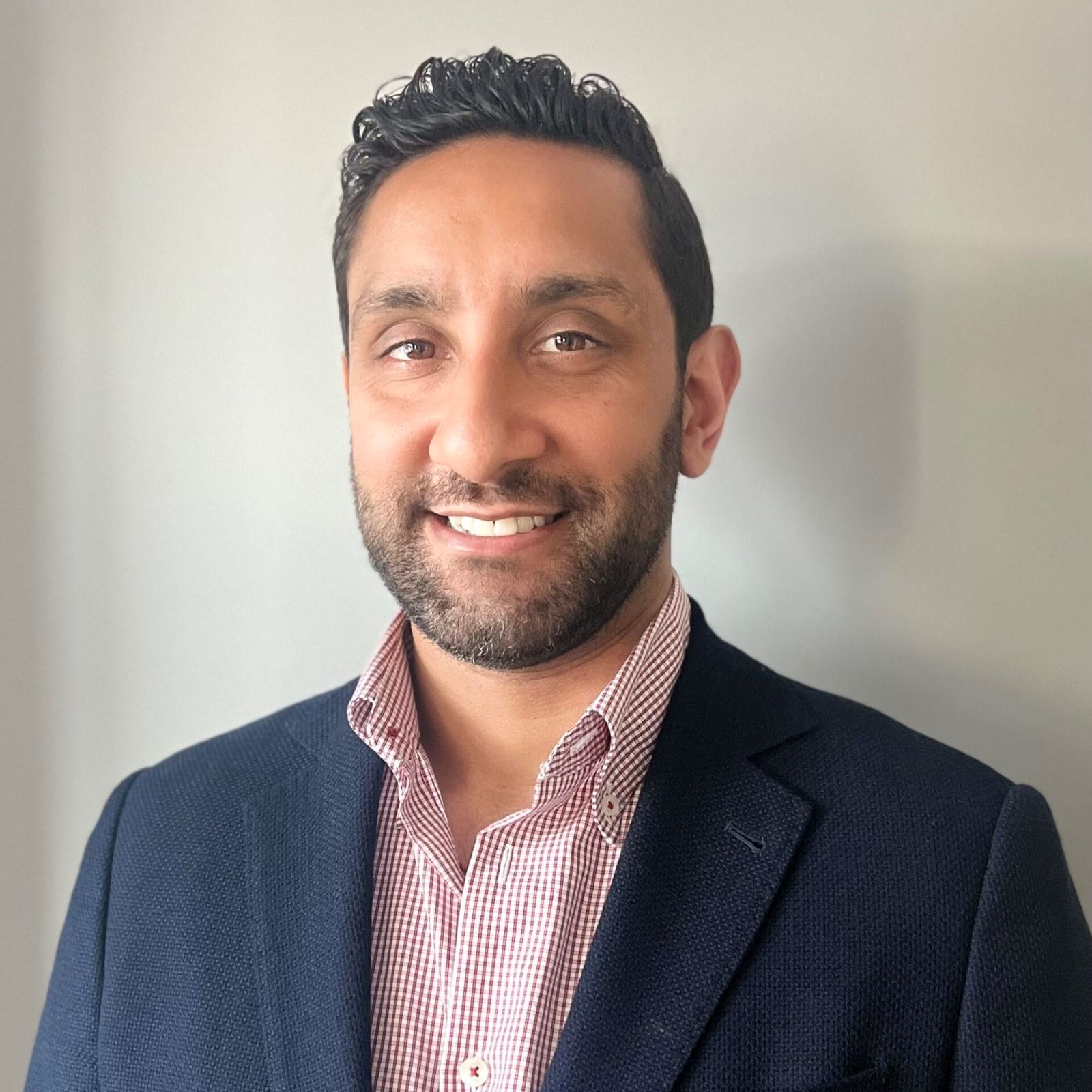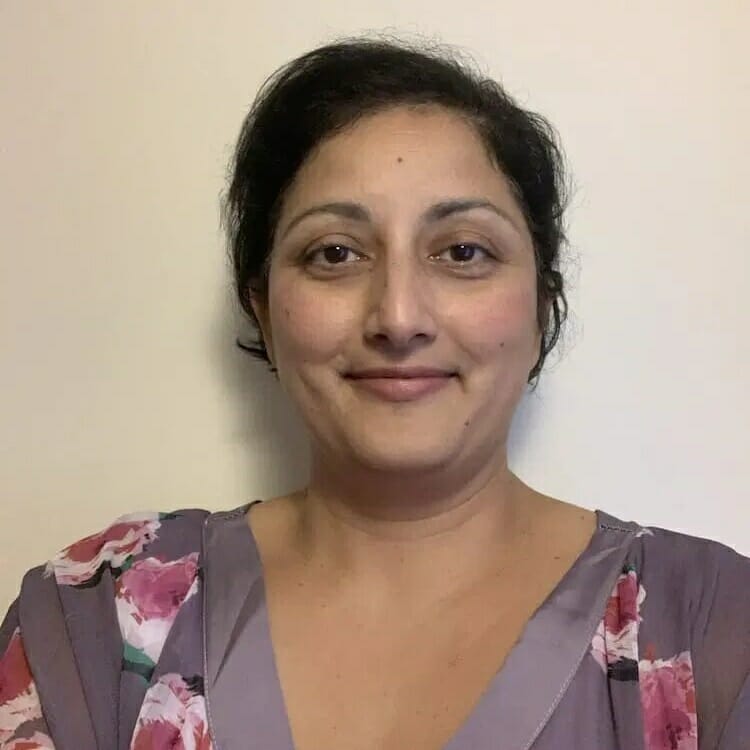London Medical Ophthalmology
Eye floaters
London Medical provides the most up-to-date procedures for patients – with clinics held by some of the UK’s most renowned specialists.
World-leading ophthalmology care to keep your eyes healthy and protect your vision
Floaters are small dots and lines that appear in the line of vision. They're not usually worrying; however, they can be the indication of retinal detachment, a serious eye condition that could put your vision at risk.
London Medical’s ophthalmologists are experts in the assessment of eye floaters and the treatment of retinal detachment. Using the latest, cutting-edge equipment they can quickly check whether the floaters are problematic. If there is any evidence of retinal detachment, they can operate in the clinic’s state-of-the-art theatres to reattach your retina and safeguard your eyesight.
What are eye floaters?
Eye floaters are small dots, lines, squiggles or rings that appear in your vision. They’re common, especially as we grow older and don’t usually indicate anything serious. Floaters are unlikely to be a problem if they’re staying the same, you’ve had them for a long time and your vision is unaffected. Floaters often become less noticeable with time, probably because you get used to their presence. Treatment is only necessary if they are interrupting vision.
Eye floaters are caused by changes in the vitreous gel that fills your eyeball. The vitreous shrinks with age and pulls away from the retina, this posterior vitreous detachment (PVD) usually doesn’t cause serious damage, but in one in ten people it can cause retinal detachment, an eye emergency in which the light-sensitive layer at the back of the eye separates from the underlying tissues.
What are the symptoms of eye floaters?
Eye floaters are shapes that appear in your vision. They take many shapes including wavy lines, dots, cobwebs and tadpoles. They can be more noticeable in bright light.
Sometimes, floaters can be a symptom of retinal detachment, contact London Medical, NHS 111 or your local Accident and Emergency if you’ve noticed:
- Floaters suddenly appearing in your vision
- An increase in the number of floaters
- Flashes of light in your vision
- A dark shadow or curtain spreading across your field of vision
- Deterioration in eyesight with vision being distorted or blurred
- Your eye is painful
It is important to get assessment within 24 hours, but anyone who is worried about changes in their vision should seek specialist advice. London Medical offers a daily clinic with leading ophthalmologists and optometry care, so that you can quickly access expert opinion.
Diagnosis of eye floaters at London Medical
London Medical is equipped with the latest technology for accurately diagnosing eye disease. The specialist will assess your vision and examine the back of the eye using an ophthalmoscope. They’ll use a slit lamp, a special ophthalmic microscope with a bright light, to fully examine your eye as you look in different directions.
Drops are usually applied to open up the pupils and make it easier to inspect the retina. These can affect your vision for a short time, so it’s sensible to come with a friend or family member.
Treatment of eye floaters at London Medical
Your ophthalmologist will consider your vision, your examination and the effect the floaters are having on your life before tailoring a treatment plan. Most eye floaters do not require treatment; however, they can be frustrating and it may take time to get used to them.
If your eye floaters are impairing your vision and affecting your quality of life your ophthalmologist can operate to reduce your symptoms:
Vitrectomy: Through a small incision, the surgeon can remove the vitreous jelly and replace it with a synthetic gel to help the eye keep its shape.
Laser therapy. Your ophthalmologist will use a specialist laser to target floaters in the vitreous and break them up so they are less noticeable.
Frequently Asked Questions
Our Consultants
Dr Jonathan Virgo
Consultant ophthalmologist with a strong background in hospital medicine and excellent training in medical and neuro-ophthalmology.
Mr Daren Hanumunthadu
Consultant Ophthalmologist with a specialist interest in retinal diseases, inflammatory eye disease and cataract surgery.
Mr Samir Jivanjee
Optometrist with a special interest in glaucoma, uveitis and a focus on specialist contact lens fittings.
Miss Anna Bhan
Consultant ophthalmic surgeon with specialist expertise in cataract and glaucoma surgery. Also deals with general ophthalmology and many other eye conditions.
Professor Michel Michaelides
Professor of ophthalmology and consultant ophthalmic surgeon at UCL. Interests include diabetic eye disease, age-related macular degeneration and inherited eye disease.
Professor David O’Brart
Consultant ophthalmic surgeon who specialises in refractive, corneal and cataract surgery, external eye disease and glaucoma.
Professor Adnan Tufail
One of the leading ophthalmic surgeons in the UK. He is the clinical and research lead at Moorfields Eye Hospital in London for age-related macular degeneration and has worked as a consultant here since 2002.
Mrs Samantha Mann
Consultant ophthalmologist, specialising in medical retina, macular degeneration, retinal vein occlusions and diabetic eye disease including injection and laser treatments.
Mr Scott Robbie
Consultant ophthalmic surgeon specialising in cornea, cataract and refractive surgery.
Mrs Caroline Chitty
Optometrist who specialises in complex contact lens fitting, including keratoconus and myopia control, in conjunction with routine optometric practice.
Our Locations
London Medical is located in the Harley Street medical area. Together with top experts across a range of multi-disciplinary fields, we offer the finest facilities for your care, all under one roof.
Monday to Friday 8.30am to 8pm
Monday to Friday 8.30am to 8pm
Monday to Friday 8.30am to 8pm
Speak to a member of our team
Contact the appointments team
If you have any questions or want to book an appointment, please speak to our team on +44 (0)800 0483 330.
Or, make an enquiry online using this form and one of our team will be in touch. Please note, all the information collected is required as part of our registration process. By using this form you agree with the storage and handling of your data by our team. You don't need a referral from your GP to make an appointment with us.










